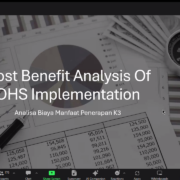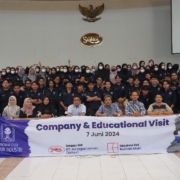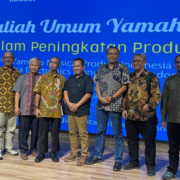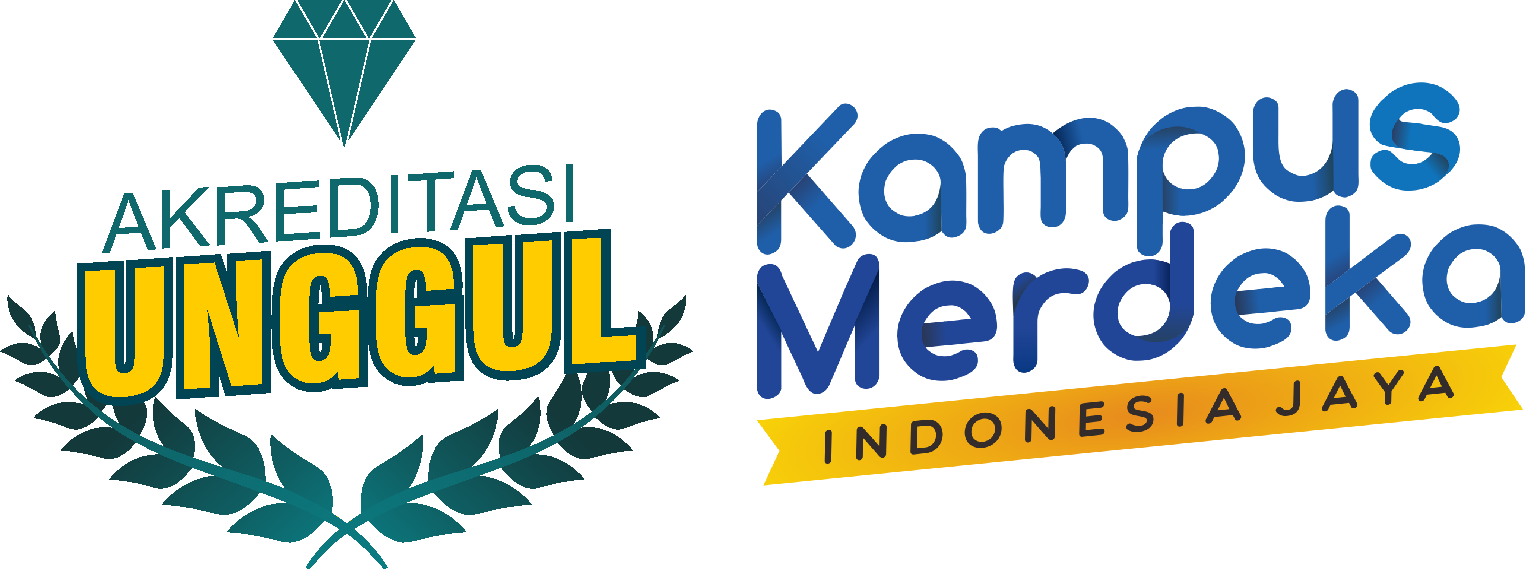Digital Twin Implementation Story in Industry
Industrial Engineering Study Program UII held a monthly webinar with the topic “Best Practice Enhacing Industrial System Through Dynamic Insight A Digital Twin Approach”. The new program, which is planned to be held regularly every month, was held online through Zoom Meeting on (10/5) and was attended by 121 general participants, including participants from outside UII and outside Yogyakarta. This activity tells about the implementation of the digital twin in various sectors of the industrial system. Participants were able to gain a deeper understanding of how the digital twin improves efficiency and effectiveness in the management of industrial systems.
Anisa Nur Aini as the host of the morning program warmly welcomed all participants who attended. She briefly explained the schedule of the event and introduced the moderator who would lead the discussion in this webinar. Then, Didin Dwi Novianto, S.T., M.LSCM., as the moderator gave a little introduction by reading the CVs of the speakers. In addition, he also said that various industries have implemented the digital twin concept, including manufacturing, transportation, healthcare, and reconstruction.
“So, the advantage of this digital twin concept is that it can help increase productivity and reduce costs by providing digital insights and analytics.” he said.
What is Digital Twin?
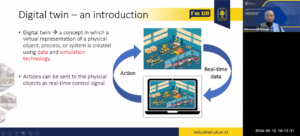
Furthermore, the core session of the webinar was the delivery of material by Ir. Muhammad Ridwan Andi Purnomo, S.T., M.Sc., Ph.D., IPM., Head of the Industrial Engineering Undergraduate Program. He explained that digital twin is a concept that shows the physical object as a visual representation of the process. Then, continue to simulate in order to improve the physical system. Therefore, when applying the concept, you must understand how to duplicate, make a twin of the physical object, understand what data to extract, and also need any sensors.
“If we talk about industry, it will definitely intersect with the physical system, the factory is also a physical system. So if we look at it, yes, the physical system is taken real-time data, entered into the computer system, meaning the simulation of the physical system, is the twin of the physical system. Then, after the real-time data is retrieved, the decision maker can improve the system in real-time as well,” he explained.
One application of the digital twin is the pick and place system in smart manufacturing. This theory allows the system to be integrated with the database in the marketing department. Its function is to control the movement of the conveyor so that it does not move statically, which sometimes results in overstock or understock. In that case, when demand is high, the speed on the conveyor can increase automatically so that it can produce more. Conversely, when demand is low, the conveyor speed will slow down to adjust the amount of demand. Finally, a Q&A session and group photo session concluded the monthly webinar series.
Audiamara Vinka


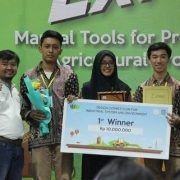
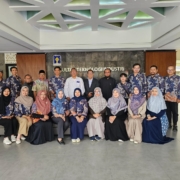
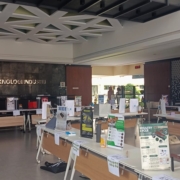
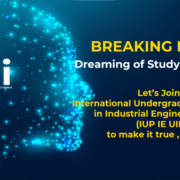 IUP IE UII
IUP IE UII 